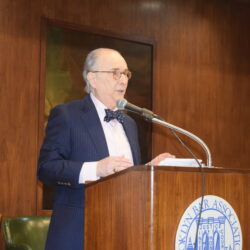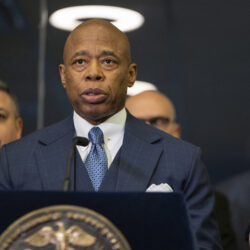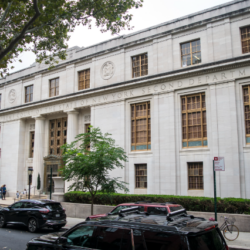
From paper to digital: Understanding NY’s notary transformation and enhanced title protections

Keith Madden, vice president and underwriting counsel at Stewart Title Insurance Company.
Courtesy of Brooklyn Bar Association
Courtesy of Brooklyn Bar Association
Leave a Comment
Leave a Comment


